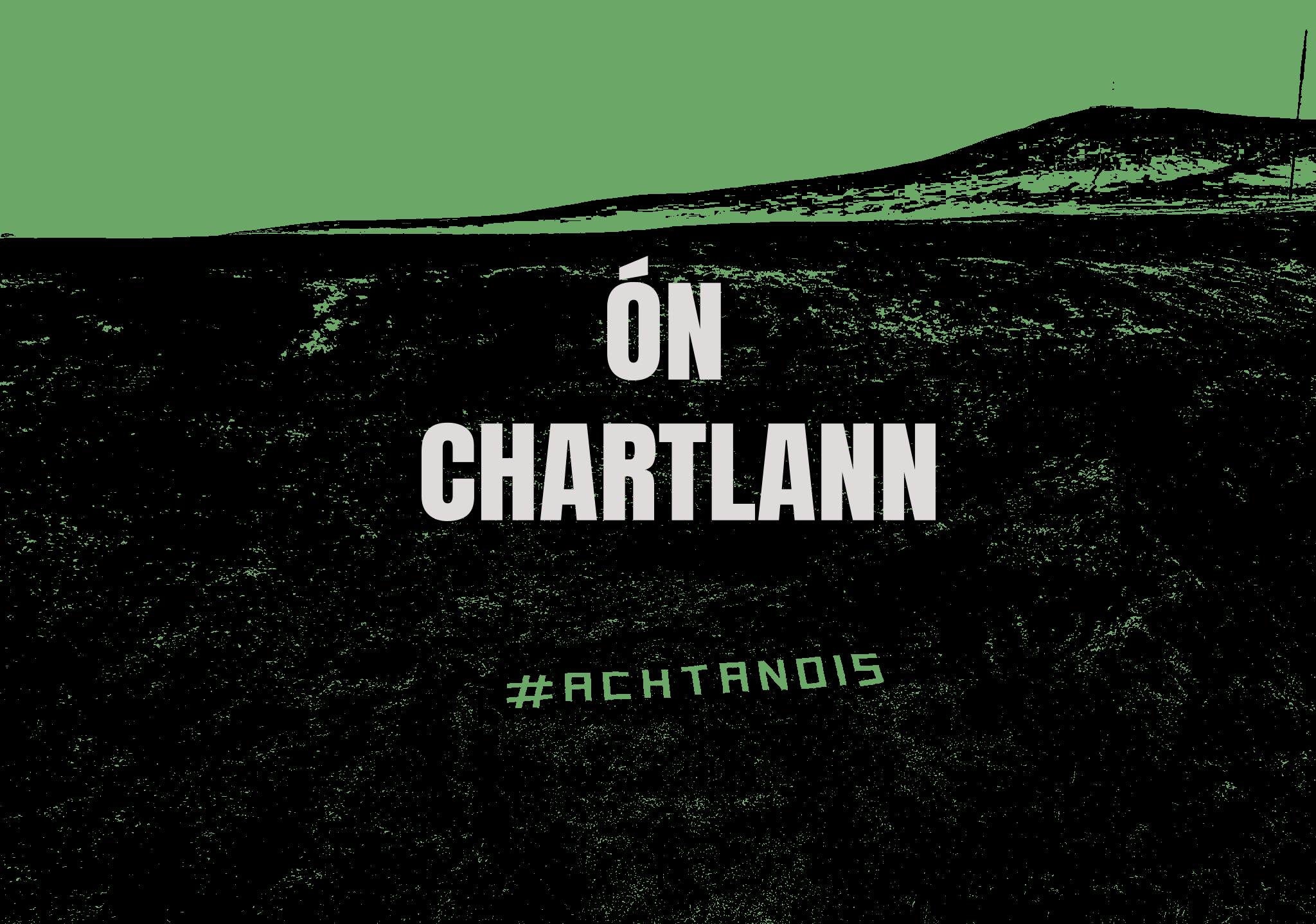An litir dhearg
Bí ar an eolas! Faigh ár nuachtlitir le bheith suas chun dáta leis na feachtais ar fad.

The main Irish-language organisation, Conradh na Gaeilge, welcomed the development but said the commitment given in Westminster must now be implemented.
Conradh pointed out it came 15 years on from the promise to introduce an Irish language Act at the conclusion of the St Andrew’s negotiations in 2006.
The organisation added that the key appointment of an Irish Language ‘Comisinéir’ must be made no later than March 2022.
The decision by the Conservative government in Britain to guarantee the legislation was seen as a concession that would allow Sinn Féin to re-enter a power-sharing agreement.
However, there has been strong internal opposition within the DUP to the decision, with MPs and MEPs openly opposing leader Edwin Poots’ decision to nominate Paul Givan as First Minister on the back of the development.
That has left some uncertainty among Irish language groups as to whether the legislation will cross the line or not.
Dr Niall Comer, president of Conradh na Gaeilge welcomed the commitment by the British government to implement the language legislation by October, if the Assembly fail to do so by September.
“This is a welcome development in the campaign for language rights here,” he said. His colleague Conchúr Ó Muadaigh said Conradh would now work with local parties to try and achieve local delivery first.
Another campaigning group, An Dream Dearg, described the breakthrough as an historic staging post.
Ciarán Mac Giolla Bhéin said: “It is testament to the commitment and perseverance of the Irish language community which has seen schools, young people, parents and families take to the streets for many years in pursuit of equality and human rights.
“This announcement is a direct result of that activism and grass-roots organising and we commend our community for their diligence and dedication.”
Both organisations expressed concerns about the commitment of the British government to follow through, given past experience.
“This commitment comes 15 years after they committed to introducing an Irish language Act in an internationally binding agreement at St Andrew’s, one they have reneged on ever since,” said Mr Mac Giolla Bhéin.
Daily use of Irish language has grown in Northern Ireland, particularly over the past decade.
There are now 29 Irish-medium schools and 10 schools in which there are Irish streams.
There are also two new ‘Gaeltacht’ areas, the Gaeltacht Quarter in Belfast, located near the Falls Road, as well as the areas of Slaghtneill and Carntogher in south county Derry.
The latter was a former Irish-speaking area but Irish had all but died out by the end of the 20th century. However, in the past two decades a strong revival of Irish language has taken place there.
Bí ar an eolas! Faigh ár nuachtlitir le bheith suas chun dáta leis na feachtais ar fad.